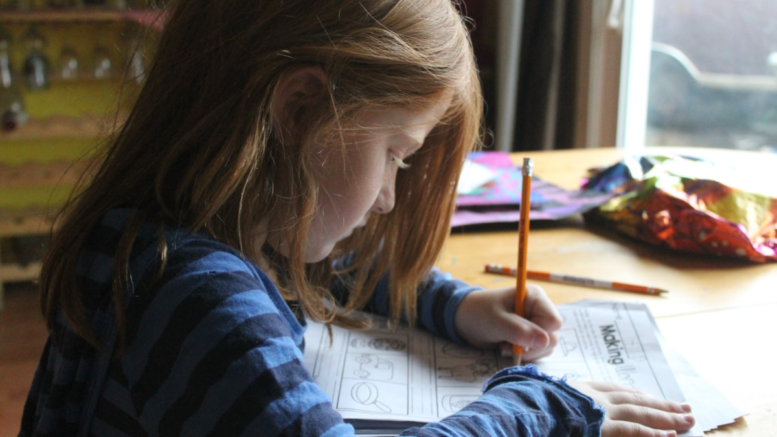All of us remember school and can name what was the worst part of it. Most people will reply “homework” and modern children will definitely agree with that. Most studies have shown that homework, and the preparation it requires, has a profound effect on students’ health. Especially when they have a rigorous curriculum.
Good – improved self-esteem
Homework helps developing critical thinking skills and contributes to building your child’s self-esteem; two important traits for a healthy growth. It also forces your child to use problem-solving skills and to develop organized study habits. As a parent, you want your child to develop these and other important traits; you don’t want them falling into the hands of the wrong people. Fortunately, the answer to this question lies in the independency required to do their own homework.
Bad – influence on of health
Homework is one of the biggest school-related psychological health risks. Students spend so much time doing it, and because they are so involved in the process, they are at a higher risk of developing unhealthy habits. Some of these habits include skipping meals, not exercising, and eating poorly. There are other ways in which homework affects students’ health besides physical problems. Kids who don’t get proper exercise find it hard to concentrate, have trouble sleeping, and may be more likely to become overweight or suffer from depression. Working on schoolwork in a timely manner, especially if it involves problem-solving, can help kids to be more active and lead a healthy lifestyle.

What about mental health?
Another question you should ask yourself is how your child is feeling mentally. Do they feel tired, run-down, frustrated, anxious, sad, lonely, or bored? If they are struggling with any of these issues and you see signs of these problems manifesting themselves physically, then homework might be interfering with their overall health. Stress can make a person feel sluggish and less productive. You might find that working too much on homework make those experience worse.
How can parents help?
The first step to help your child better understand the importance of homework is to teach them how to organize themselves. Establish a set time for homework; either take them to a nearby park to do it, or allow them to do homework on their own. If they still insist on studying later, show them the calendar and say that they can pick their homework date whenever they like. This will encourage them to study.
When parents are thinking about how does homework affects student health, they need to ask themselves what kind of activities they are teaching their children. Some homework can involve drawing, for example, which can be a good way for them to develop hand-eye coordination and fine motor skills. Other tasks, such as math, can help to develop analytical skills. But if you see your child is not so bright in some disciplines and this is having a negative impact on their health, an option you should consider is to pay for homework help by calling a tutor or writing service. They will both help your child to learn and boost confidence.
